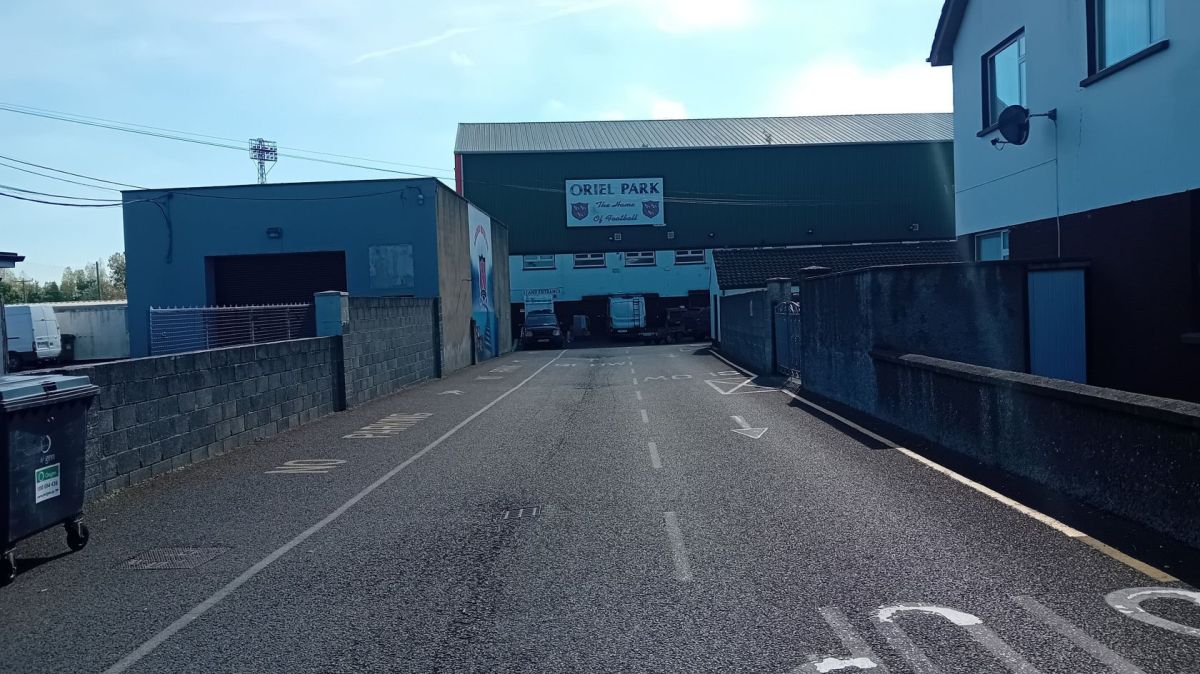According to Garda figures, reports of rental fraud increased by 22% in the first half of this year. Roughly one-third of such cases occur during August and September, coinciding with the peak of the academic year. Data also shows that younger people are disproportionately affected: 34% of victims are under 25, and 66% are under 33.
Accommodation fraud typically involves victims paying money, often as a deposit, only to discover that the property is non-existent, already occupied, or that the keys provided do not work. In some cases, fraudsters claim to be abroad and demand payment before showing the property.
In the first six months of this year, 160 incidents were reported, with losses amounting to €385,000. This compares to €617,000 lost over the entirety of 2024. Garda have urged students to be alert to red flags, stressing that if an offer appears too good to be true, it usually is.
Warning signs include accommodation advertised solely on social media, landlords communicating only through Messenger or WhatsApp, listings with poor spelling or grammar, or offers that create a false sense of urgency. Gardaí advise never to hand over cash or make a Revolut transfer, but instead to use traceable, refundable payment methods.
Students are encouraged to rent only through reputable letting agencies or official college portals and to watch out for cloned websites.
Brian Hearne, Policy and Communications Manager with the Irish Council for International Students, said international students are particularly vulnerable. He recalled the case of a Brazilian couple who lost several thousand euros after discovering multiple tenants had been duped into renting the same property.
Hearne urged students to trust their instincts, view properties in person, and insist on secure payments and written contracts. “There’s no such thing as cheap accommodation,” he warned.















